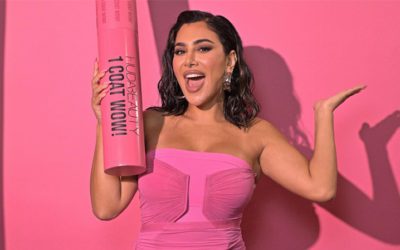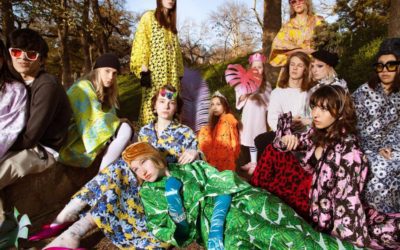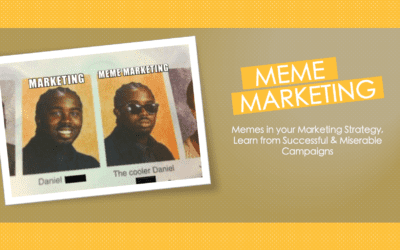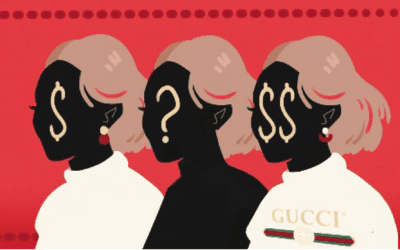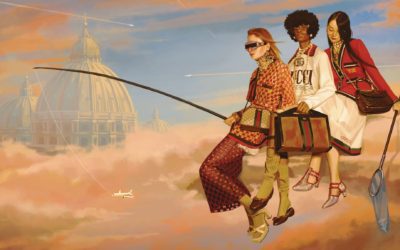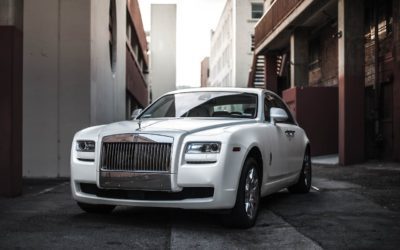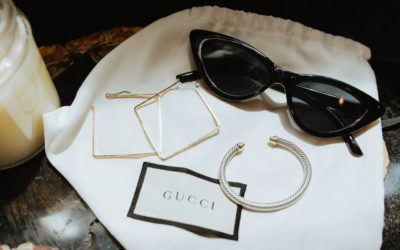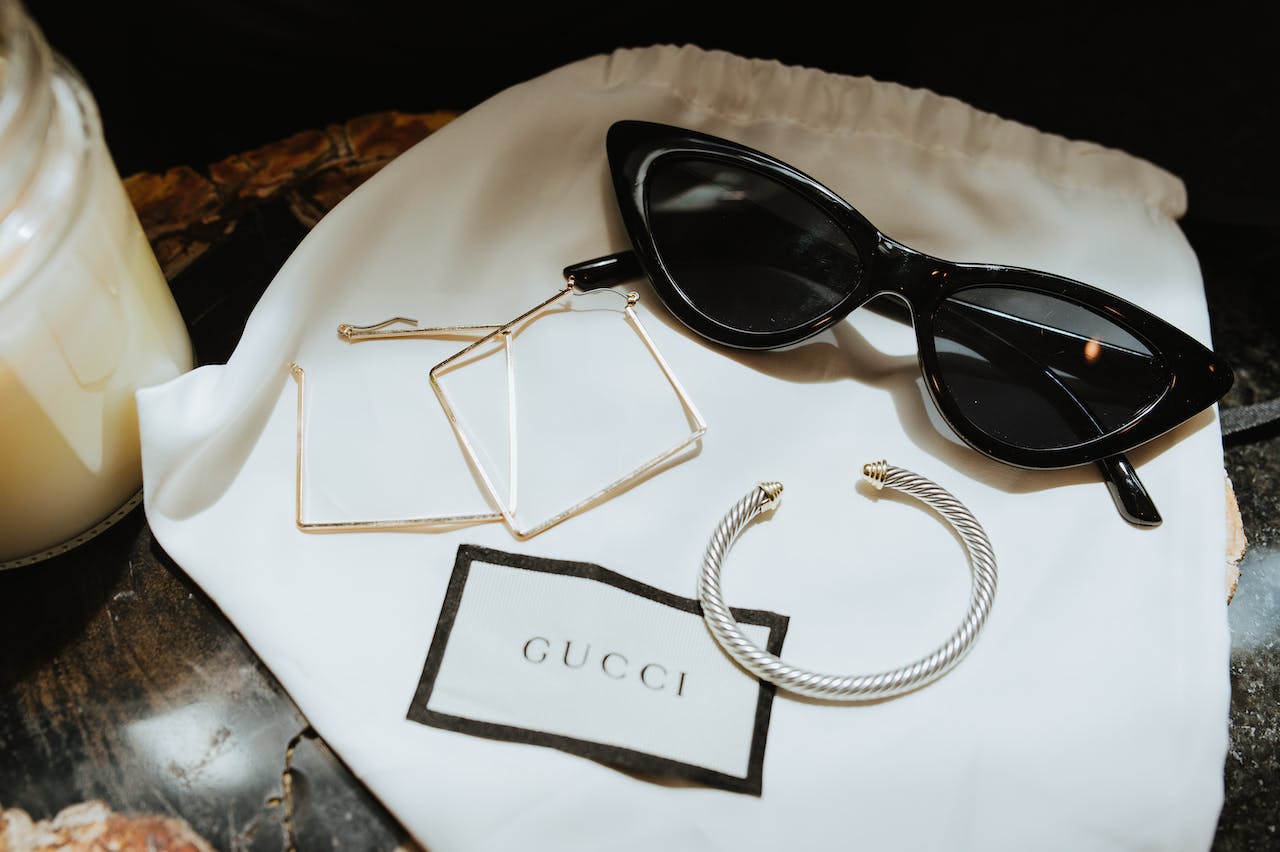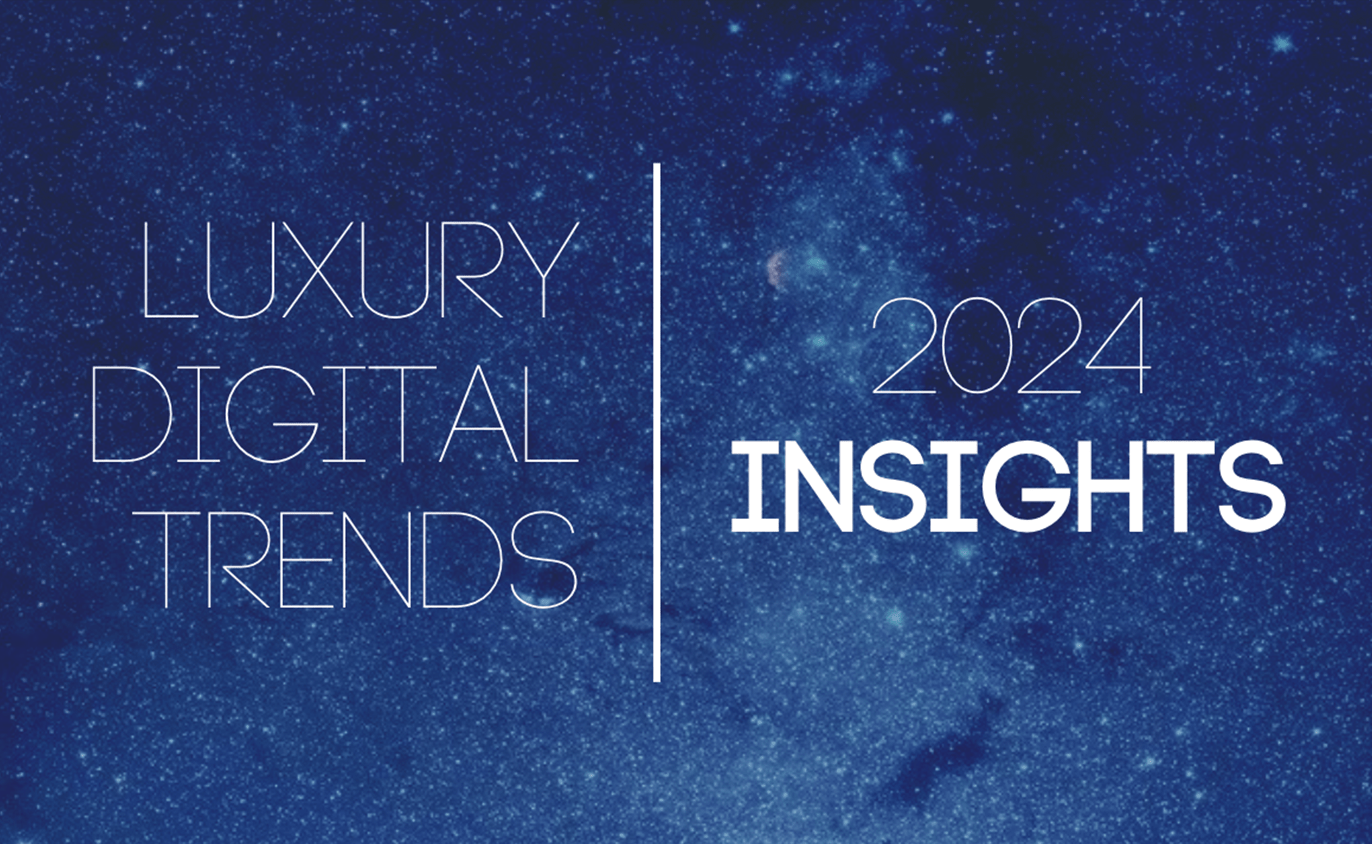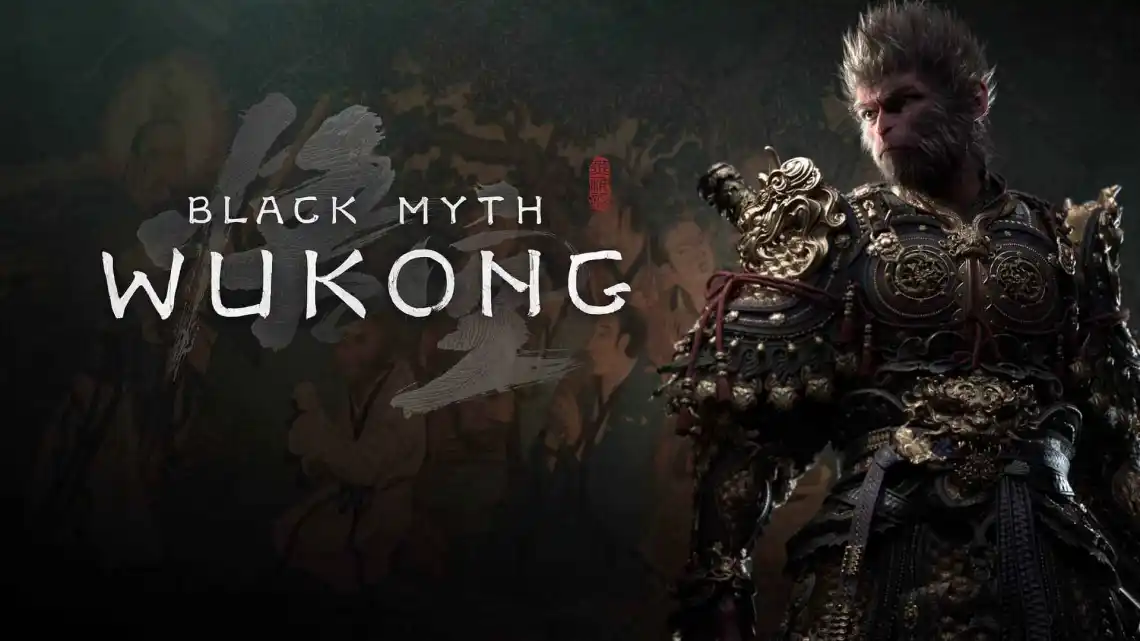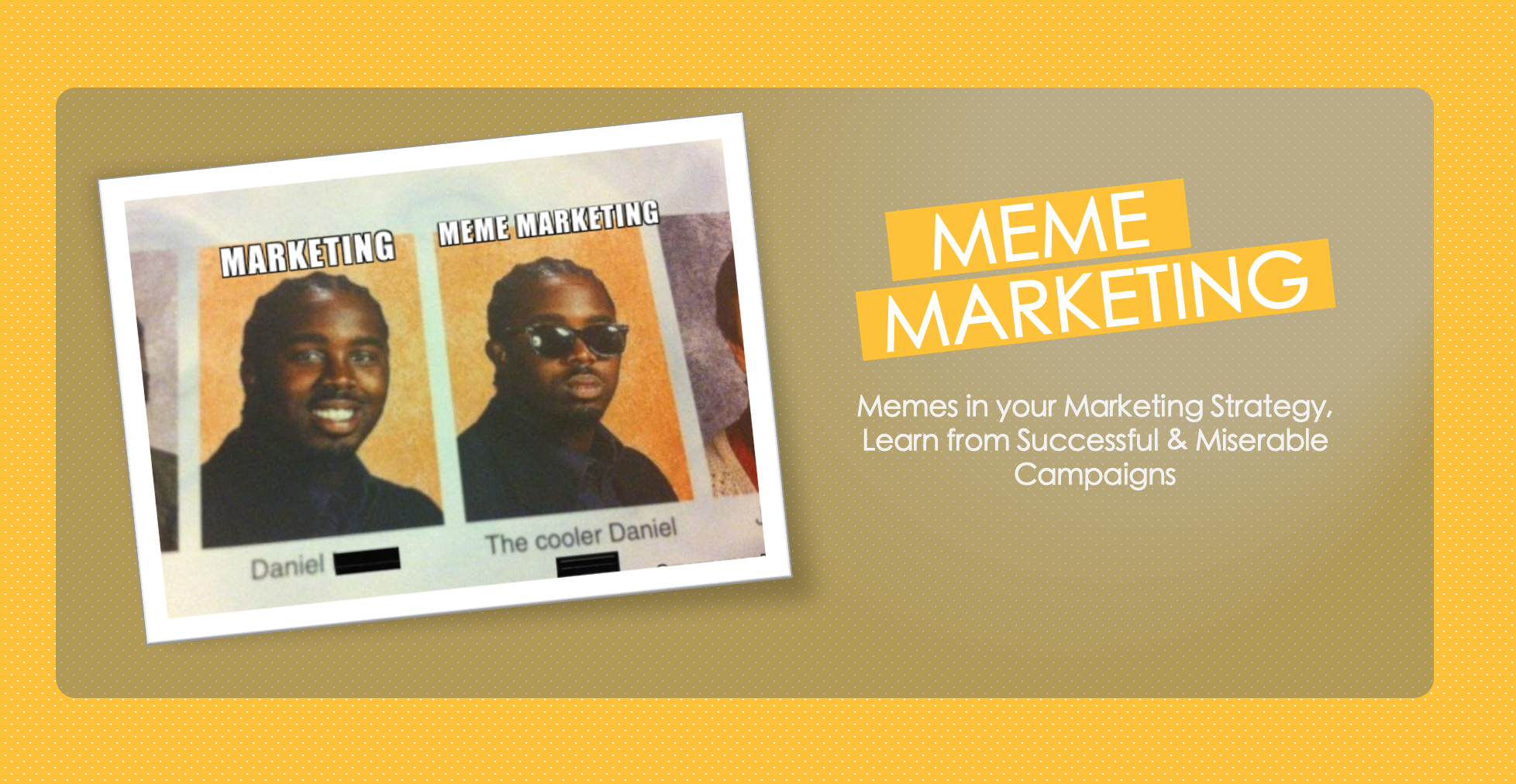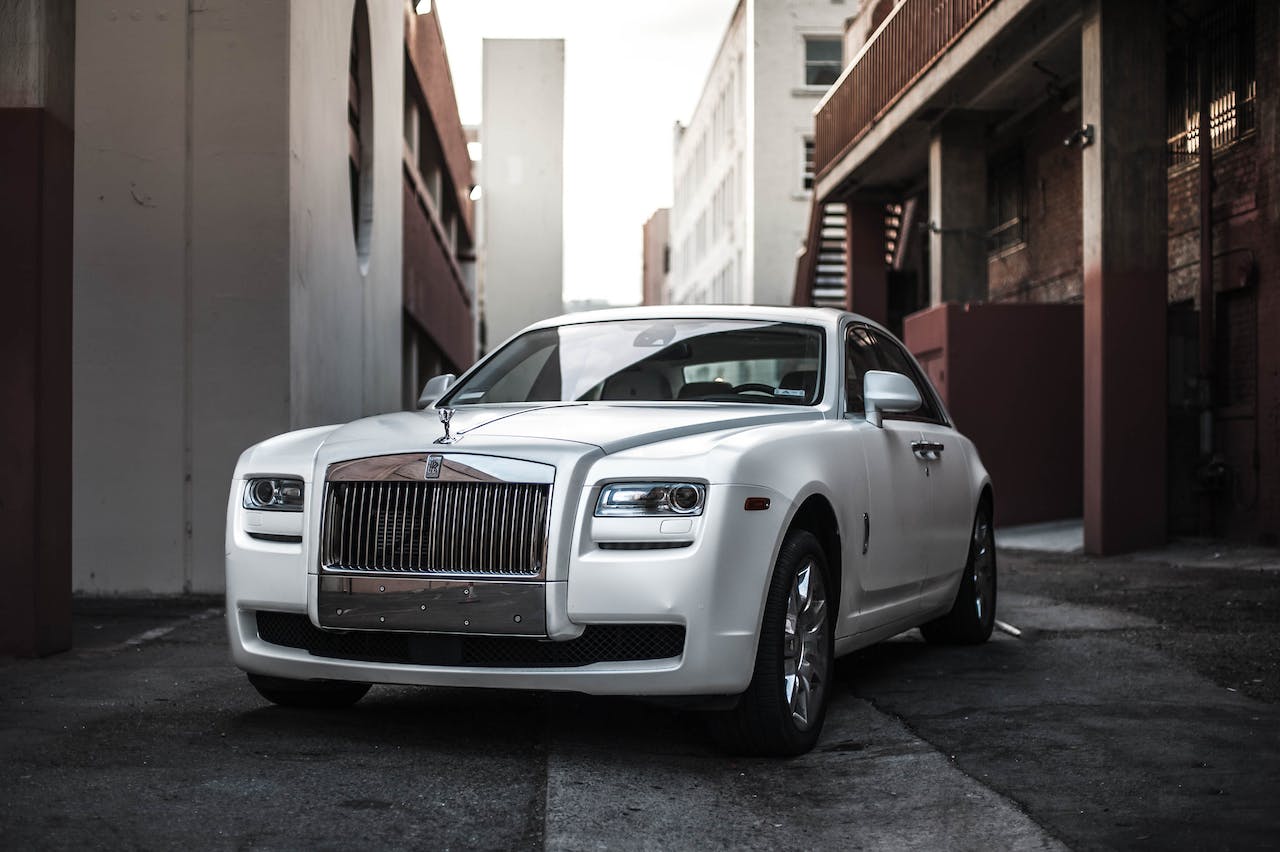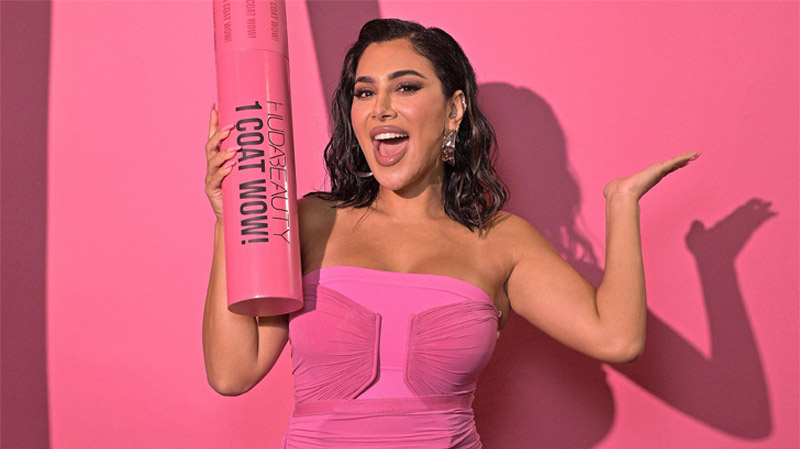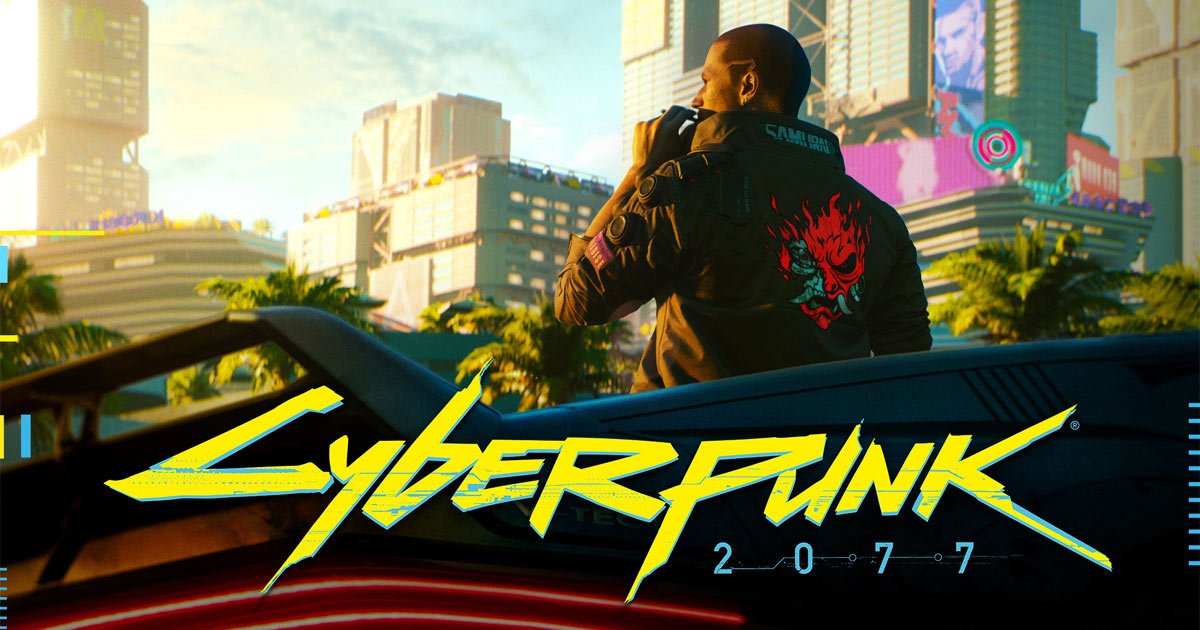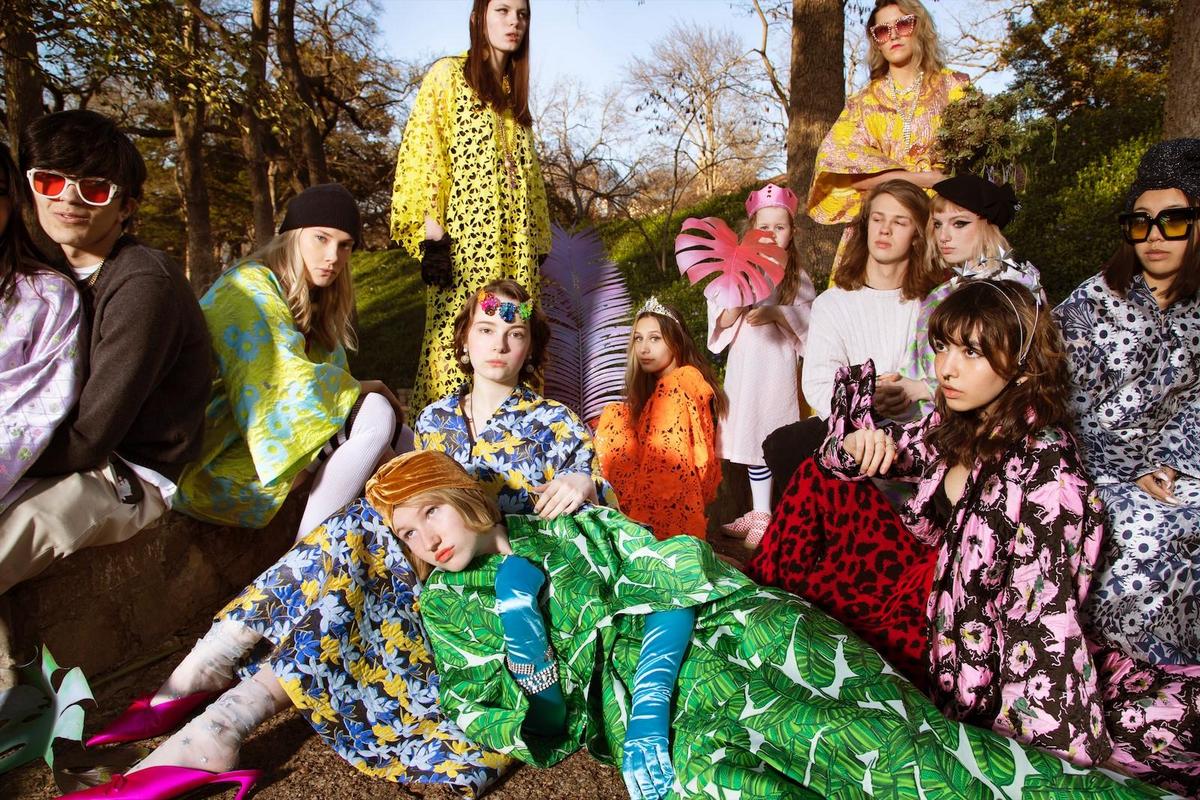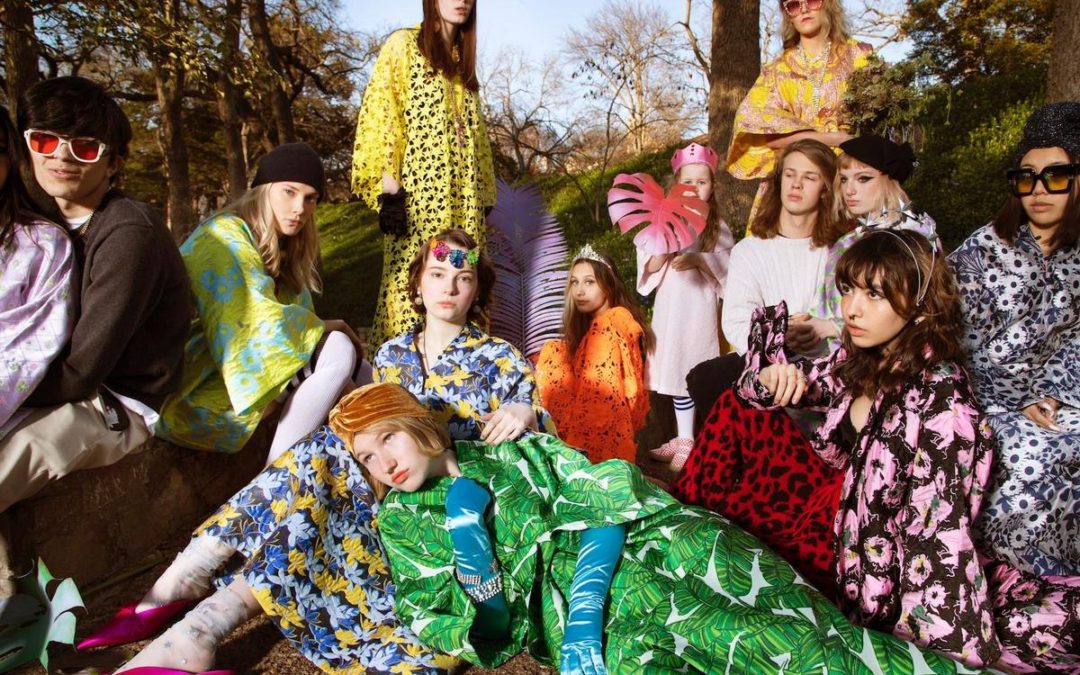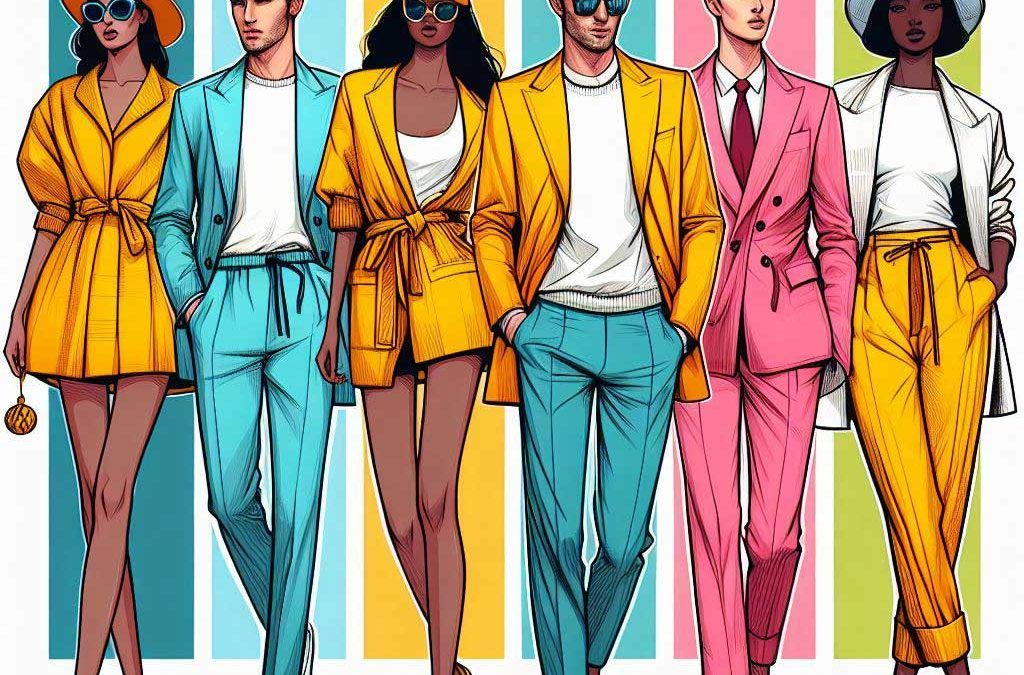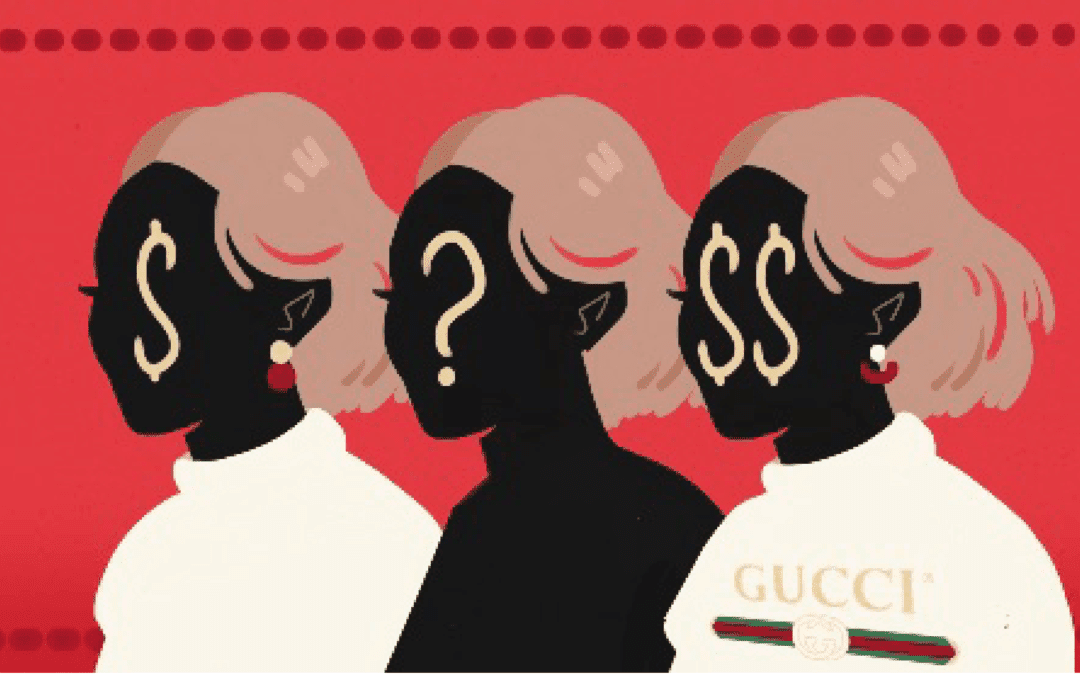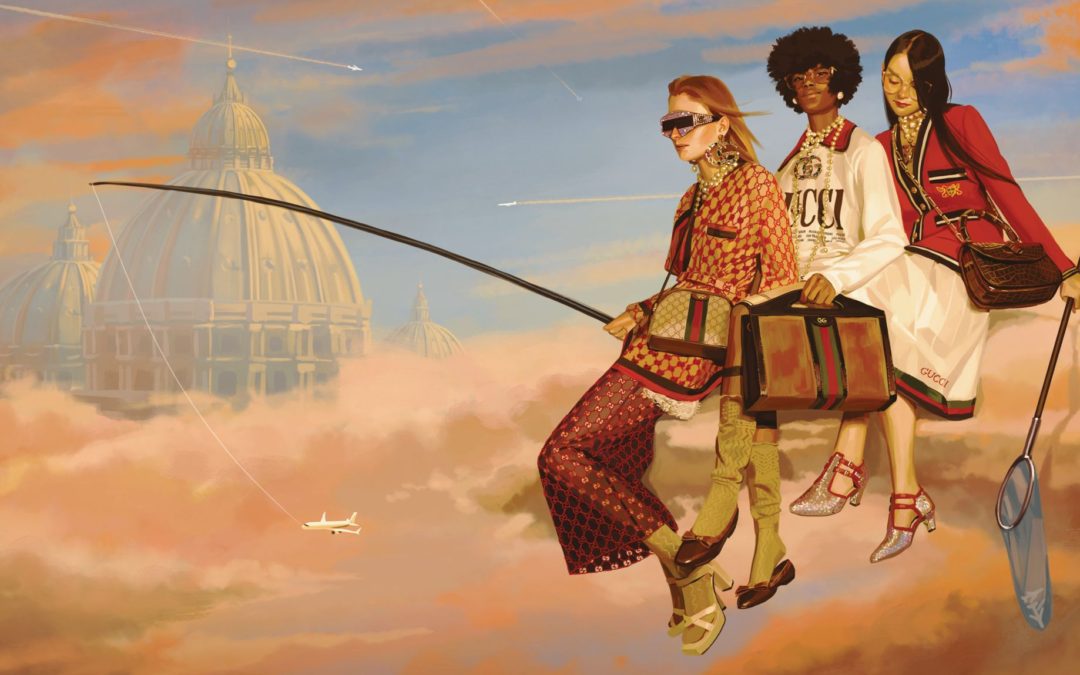The luxury industry is being forced to evolve and adapt to the luxury customer’s changing needs and ways of consuming content. For Luxury Trends 2023, we saw how luxury brands leveraged digital technologies to provide highly personalized, immersive, and sustainable experiences for their customers. But what are the 2024 luxury digital trends?
In this post, we will explore the top 10 luxury digital trends that will shape the industry in the next few years. We will also share some concrete examples of how you can apply these trends to your own digital marketing strategy and stand out from the competition.
Table of Contents
- Luxury Digital Trend #1: Omnichannel Excellence
- Luxury Digital Trend #2: Artificial Intelligence and Data Analytics
- Luxury Digital Trend #3: Augmented Reality and Virtual Reality
- Luxury Digital Trend #4: Social Commerce and Influencer Marketing
- Luxury Digital Trend #5: Content Marketing and Storytelling
- Luxury Digital Trend #6: Sustainability and Social Responsibility
- Luxury Digital Trend #7: Personalization and Customization
- Luxury Digital Trend #8: Experiential Marketing and Gamification
- Luxury Digital Trend #9: NFTs and Blockchain
- Luxury Digital Trend #10: New Markets and New Consumers
- Conclusion
Luxury Digital Trend #1: Omnichannel Excellence
Omnichannel marketing is not a new concept, but it is becoming more important than ever for luxury brands. Omnichannel marketing means providing a seamless and consistent customer experience across multiple touchpoints, both online and offline. According to McKinsey, omnichannel customers shop 1.7 times more than shoppers who use a single channel.
Omnichannel customers shop 1.7 times more than single-channel shoppers. – McKinsey, 2022.
Luxury brands need to invest in omnichannel excellence to meet the high expectations of their customers, who want to access their products and services anytime, anywhere, and on any device. This means integrating their website, mobile app, social media, email, chat, voice, video, physical store, and any other channel they use to communicate with their customers.
For example, Burberry is one of the pioneers of omnichannel luxury, offering features such as click-and-collect, online appointment booking, digital clienteling, and personalized recommendations. The brand also uses RFID tags to provide interactive content and information to customers in-store.
Luxury Digital Trend #2: Artificial Intelligence and Data Analytics
Artificial intelligence (AI) and data analytics are powerful tools that can help luxury brands optimize their operations, enhance their customer service, and create more value for their customers. AI and data analytics can help luxury brands analyze customer behavior, preferences, feedback, and sentiment, and use this information to deliver more relevant, personalized, and engaging experiences.
For example, LVMH launched a platform called Aura in 2021, which uses blockchain, AI, and data analytics to provide customers with information about the authenticity, provenance, and sustainability of their products. The platform also allows customers to access exclusive content and services, such as invitations to events, personalized recommendations, and loyalty programs.
Luxury Digital Trend #3: Augmented Reality and Virtual Reality
Augmented reality (AR) and virtual reality (VR) are technologies that can create immersive and interactive experiences for luxury customers. AR and VR can help luxury brands showcase their products, tell their stories, and connect with their customers in new and exciting ways. AR and VR can also help customers overcome the limitations of physical distance and time, and access luxury experiences from anywhere in the world.
For example, Dior launched a VR headset called Dior Eyes in 2015, which allows customers to experience backstage access to their fashion shows. The brand also created an AR filter on Instagram in 2019, which lets users try on different sunglasses and hats from their collection.
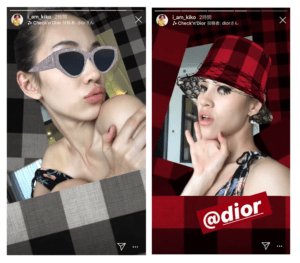
Luxury Digital Trend: Dior AR filter pushed by the Japanese model & influencer Kiko Mizuhara
Luxury Digital Trend #4: Social Commerce and Influencer Marketing
Social commerce and influencer marketing are two trends that are closely related and have a significant impact on the luxury industry. Social commerce refers to the process of selling products or services directly through social media platforms, such as Instagram, Facebook, TikTok, and WeChat. Influencer marketing refers to the practice of collaborating with influential individuals, such as celebrities, bloggers, vloggers, and micro-influencers, to promote a brand, product, or service to their followers.
Social commerce and influencer marketing can help luxury brands reach new audiences, increase brand awareness, generate trust, and drive sales. According to a report by Bain & Company, social media influenced 80% of luxury purchases in 2020. Moreover, social commerce is expected to grow by 35% annually in the next five years, reaching $3.4 trillion by 2025.
For example, Gucci partnered with Chinese influencer Li Jiaqi, also known as the “Lipstick King”, to sell its products on his live-streaming show on Taobao in 2020. The collaboration resulted in 40,000 lipsticks sold in just two minutes. The brand also launched its own e-commerce channel on WeChat, China’s most popular social media platform, in 2017.

The “Lipstick King” sold 40,000 lipsticks in just two minutes.
Luxury Digital Trend #5: Content Marketing and Storytelling
Content marketing and storytelling are essential elements of any digital marketing strategy, especially for luxury brands. Content marketing and storytelling mean creating and distributing valuable, relevant, and engaging content that attracts, educates, and entertains the target audience. Content marketing and storytelling can help luxury brands build their brand identity, express their values, and establish an emotional connection with their customers.
For example, Chanel created a series of short films called “Inside Chanel” in 2012, which tell the story of the brand’s founder, Coco Chanel, and the iconic products and symbols of the brand. The films are available on the brand’s website, YouTube, and social media channels, and have received millions of views and positive feedback from the audience.

Luxury Digital Trend #6: Sustainability and Social Responsibility
Sustainability and social responsibility are becoming more important for luxury customers, who are increasingly aware of the environmental and social impact of their consumption choices. Luxury customers are looking for brands that share their values and demonstrate their commitment to ethical, transparent, and responsible practices. Luxury brands need to adopt sustainability and social responsibility as core principles of their business strategy, and communicate their efforts and achievements to their customers.
For example, Stella McCartney is a luxury brand that is known for its sustainability and social responsibility initiatives. The brand uses organic, recycled, and vegan materials, and avoids animal-derived products, such as leather, fur, and feathers. The brand also supports various causes, such as animal welfare, breast cancer awareness, and climate change.
VIDEO NIKE
Luxury Digital Trend #7: Personalization and Customization
Personalization and customization are key differentiators for luxury brands, who can offer their customers unique and exclusive products and services that match their preferences and needs. Personalization and customization can help luxury brands increase customer satisfaction, loyalty, and retention, as well as create a competitive advantage in the market. Personalization and customization can be achieved through various methods, such as data-driven recommendations, user-generated content, and co-creation.
For example, Nike offers a service called Nike By You, which allows customers to design their own sneakers online or in-store, choosing from a variety of colors, materials, and patterns. The service also allows customers to add their own personal touches, such as initials, logos, or messages.
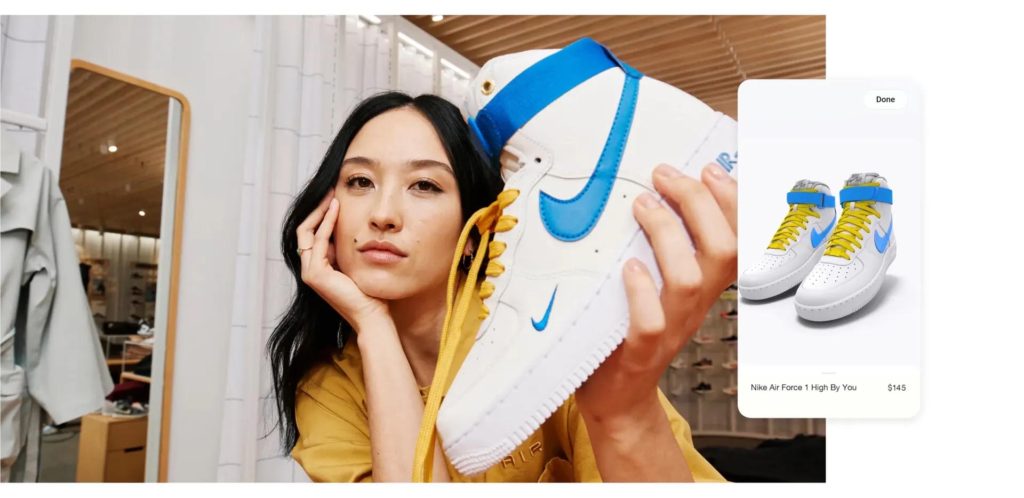
“Nike by you” allows you to design your own sneakers online or in-store
Luxury Digital Trend #8: Experiential Marketing and Gamification
Experiential marketing and gamification are strategies that can help luxury brands create memorable and enjoyable experiences for their customers. Experiential marketing and gamification mean using interactive and playful elements, such as games, quizzes, challenges, rewards, and leaderboards, to engage and motivate the customers. Experiential marketing and gamification can help luxury brands increase customer engagement, retention, and advocacy, as well as generate word-of-mouth and viral marketing.
For example, Louis Vuitton launched a mobile game called Louis The Game in 2021, which celebrates the brand’s 200th anniversary. The game features the brand’s mascot, Vivienne, who travels across six different worlds, collecting candles, keys, and badges, and unlocking stories and trivia about the brand’s history and heritage.
Luxury Digital Trend #9: NFTs and Blockchain
NFTs and blockchain are emerging technologies that have the potential to disrupt and transform the luxury industry. NFTs, or non-fungible tokens, are digital assets that represent unique and scarce items, such as art, music, videos, or collectibles. Blockchain is a decentralized and secure system that records and verifies transactions and data. NFTs and blockchain can help luxury brands create new forms of value, innovation, and differentiation in the digital economy. They can also enable new business models, such as fractional ownership, digital art, and collectibles.
For example, Dolce & Gabbana launched a collection of NFTs called Collezione Genesi, which features digital and physical items inspired by the history and culture of Venice. The NFTs are minted on the Polygon blockchain and sold on the UNXD marketplace.
Luxury Digital Trend #10: New Markets and New Consumers
The luxury industry is expanding its reach and scope to new markets and new consumers, who have different characteristics, preferences, and expectations than the traditional luxury customers. Luxury brands need to adapt their products, services, and marketing strategies to cater to these new segments, while maintaining their core values and quality standards.
For example, China is one of the fastest-growing and most influential markets for luxury, accounting for 35% of the global luxury sales in 2020. Luxury brands need to understand the cultural, social, and digital nuances of the Chinese market, and offer localized and customized solutions that appeal to the Chinese consumers. Moreover, Gen Z and millennials are the new generations of luxury consumers, who are more digitally savvy, socially conscious, and experiential-oriented than their predecessors. Luxury brands need to engage with these young consumers through relevant, authentic, and innovative content and experiences.
Conclusion
The luxury industry is facing unprecedented challenges and opportunities in the digital era. Luxury brands need to embrace the latest luxury digital trends and technologies to stay ahead of the curve and deliver exceptional value to their customers. By following at least one luxury digital trend that we discussed in this post, you can create a successful and sustainable digital marketing strategy for your luxury brand.
If you know what to do but don’t know where to start in optimizing your digital marketing strategy, feel free to contact us at Alce Labs. We are a leading digital agency that specializes in luxury and premium brands. We can help you with web design, SEO, content marketing, social media, email marketing, and more. We have worked with some of the most prestigious and renowned luxury brands in the world, such as Dior and LVMH Group. Let’s achieve your digital marketing goals and grow your luxury brand online.


